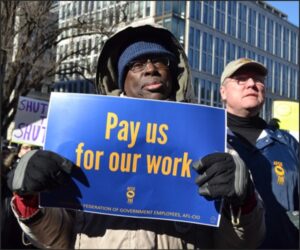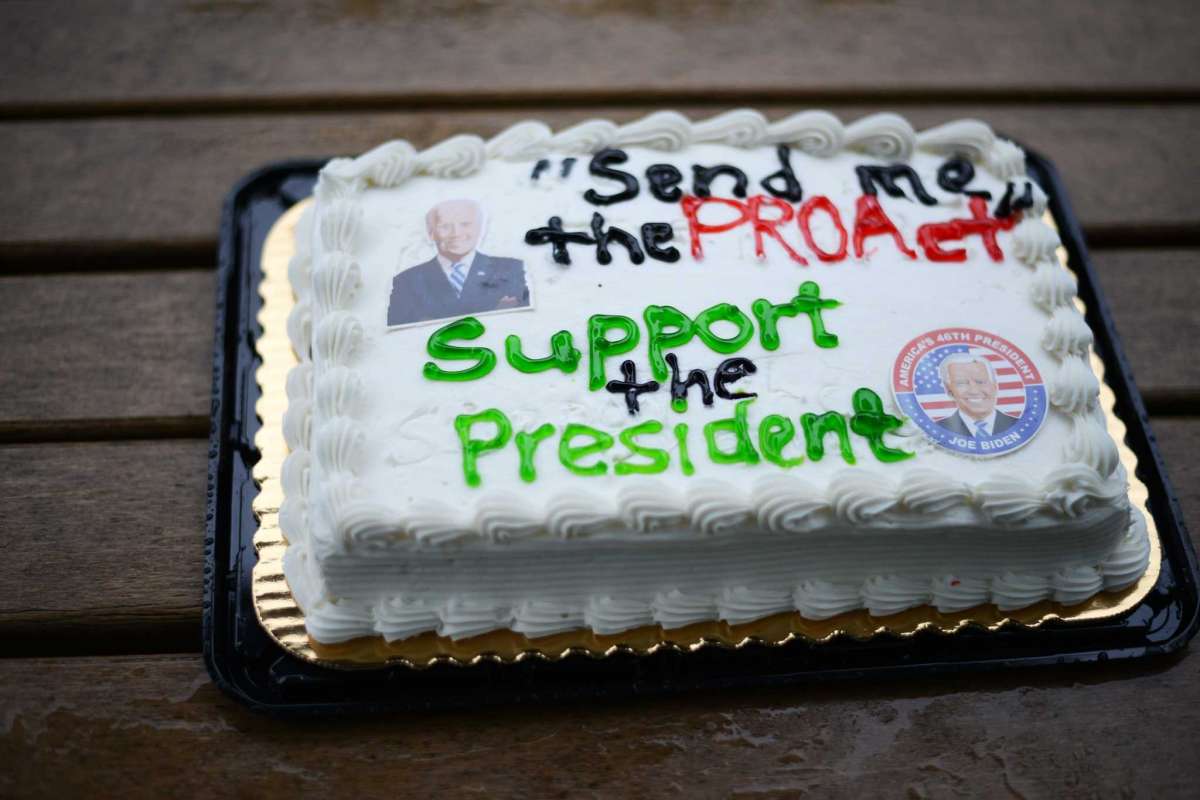by F. Vincent Vernuccio
As a handful of localities push to give government unions a monopoly over public employee contracts, lawmakers in Richmond are looking to protect public employees around the state.
Delegate Nick Freitas, R-Culpeper, has introduced a suite of bills to help protect the rights of public employees, promote union democracy and protect taxpayers.
The three bills would 1) ensure that public employees are informed of their rights to choose not to join and pay a union and allow them to leave the union at any time, 2) allow public employees the opportunity to vote to keep or remove the union at their workplace, and 3) prevent taxpayers from having to pay for union work.
The legislation is in response to troubling provisions that have emerged in some county and school district ordinances that are harmful to public employees and taxpayers. Last May, a new law went into effect that allowed localities to pass ordinances giving government unions a monopoly on contracts for public employees.
Here are more specifics on the three bills: Continue reading



 by Dick Hall-Sizemore
by Dick Hall-Sizemore






